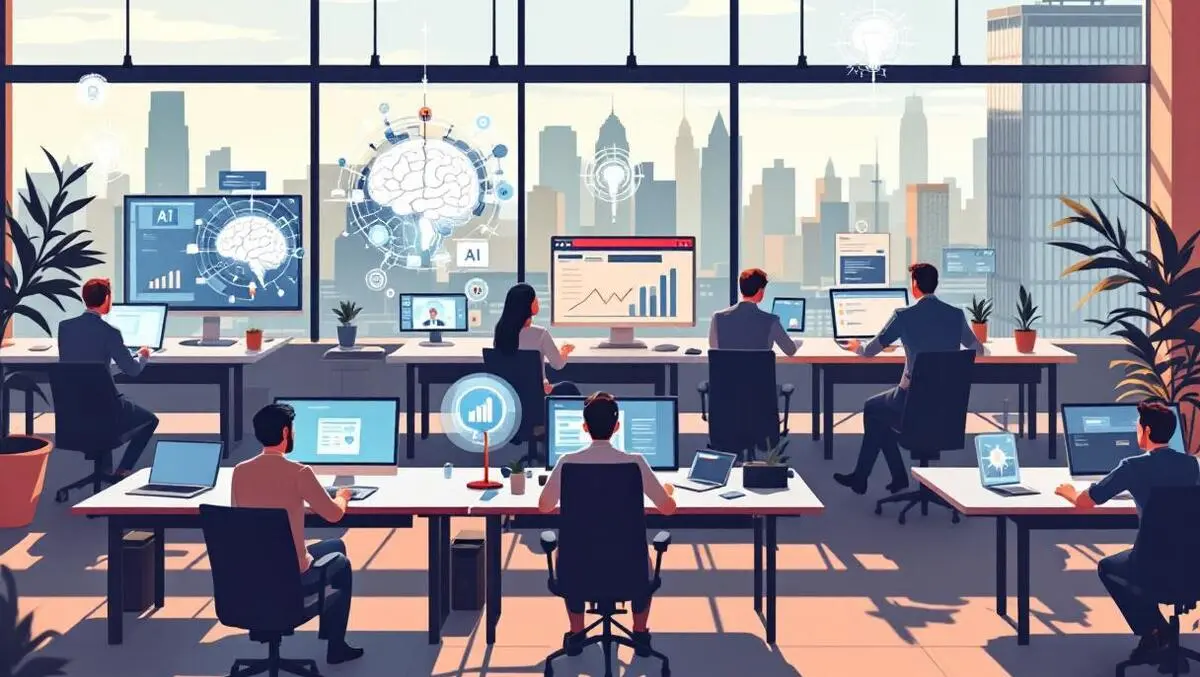Communication Clashes: How do different generations communicate in UK workplaces?

Generation Z and the challenge of inter-generational communication have become pressing issues across today’s workplaces. With four generations now working side by side, communication gaps are becoming harder to ignore, and recent research suggests they are playing a significant role in workplace tension, reduced productivity, and strained team relationships.
A survey of UK office workers revealed that more than a quarter of younger employees feel their workplace relationships are negative. Across all age groups, communication differences emerged as a top reason for this strain, with nearly three-quarters of younger workers stating that communication gaps contribute to negative interactions. These findings point to an important truth: while differences in communication style are natural, the scale and impact of today’s divides are affecting the way people collaborate and connect.
A growing clash in communication styles
For many younger employees, the workplace they entered is very different from the environment older colleagues experienced early in their careers. A large proportion joined the workforce during the pandemic, relying on video calls and messaging platforms rather than in-person interactions. As digital natives, these tools felt natural.
Where the challenge intensifies is with traditional communication preferences. Research shows that younger workers are far less likely to answer phone calls, instead choosing social channels or voice notes. Meanwhile, older colleagues are more likely to view a phone call as the quickest way to resolve issues, clarify instructions or build rapport. This difference in preference can quickly lead to judgement, frustration, and misunderstandings.
Phone anxiety is also an increasing factor. Many younger employees worry about how they sound, whether they will be judged, or even whether others in the office can overhear the conversation. These worries can deepen generational divides and create unnecessary tension.
Hybrid and remote work adds another layer. Without body language, tone or spontaneous clarification, messages become easier to misinterpret. Over time, this can contribute to uncomfortable working environments, faltering collaboration, and a decline in trust across teams. When workplace communication suffers, everything from productivity to team cohesion is affected.
Building connection through human-centred experiences
Improving communication is not just about encouraging different channels; it is about helping employees understand one another. Shared experiences, particularly through team activities, have been shown to make a real difference.
62% per cent of surveyed employees said team activities improved communication, and many noticed long-term benefits. These experiences help colleagues build rapport, understand each other’s strengths, and form positive relationships outside of day-to-day tasks. They also boost morale, improve trust, and create a stronger sense of unity.
Activities centred around social impact or community support can be especially powerful. They give colleagues a shared purpose and help break down barriers between age groups, roles, and communication styles. Whether teams are completing a challenge for charity or collaborating on a creative project, the benefit lies in seeing each other as people, not just as co-workers.
Reframing communication differences as strengths
Communication differences should not be viewed as barriers but as reflections of diverse experiences. When HR teams recognise this, they can help employees reframe these differences as opportunities to learn from one another.
Bringing people together through shared goals, collective experiences and structured team activities is one practical way to ease tension and strengthen communication. As understanding grows, so does collaboration, trust and overall workplace wellbeing.
Creating environments where colleagues feel connected on a human level is essential for healthier, more resilient teams. When employees understand one another beyond their preferred communication channels, workplaces naturally become more inclusive, more positive, and more productive.
Grow your career and teams with people2people
In business since 2005 in Australia, NZ, and the United Kingdom, people2people is an award-winning recruitment agency with people at our heart. With over 12 offices, we specialise in accounting and finance, business support, education, executive, government, HR, legal, marketing and digital, property, sales, supply chain, and technology sectors. As the proud recipients of the 2025 RCSA and SEEK Outstanding Large Agency Awards, we are dedicated to helping businesses achieve success through a people-first approach.
Recent articles

Latest PR features
Copyright 2026, people2people Recruitment







